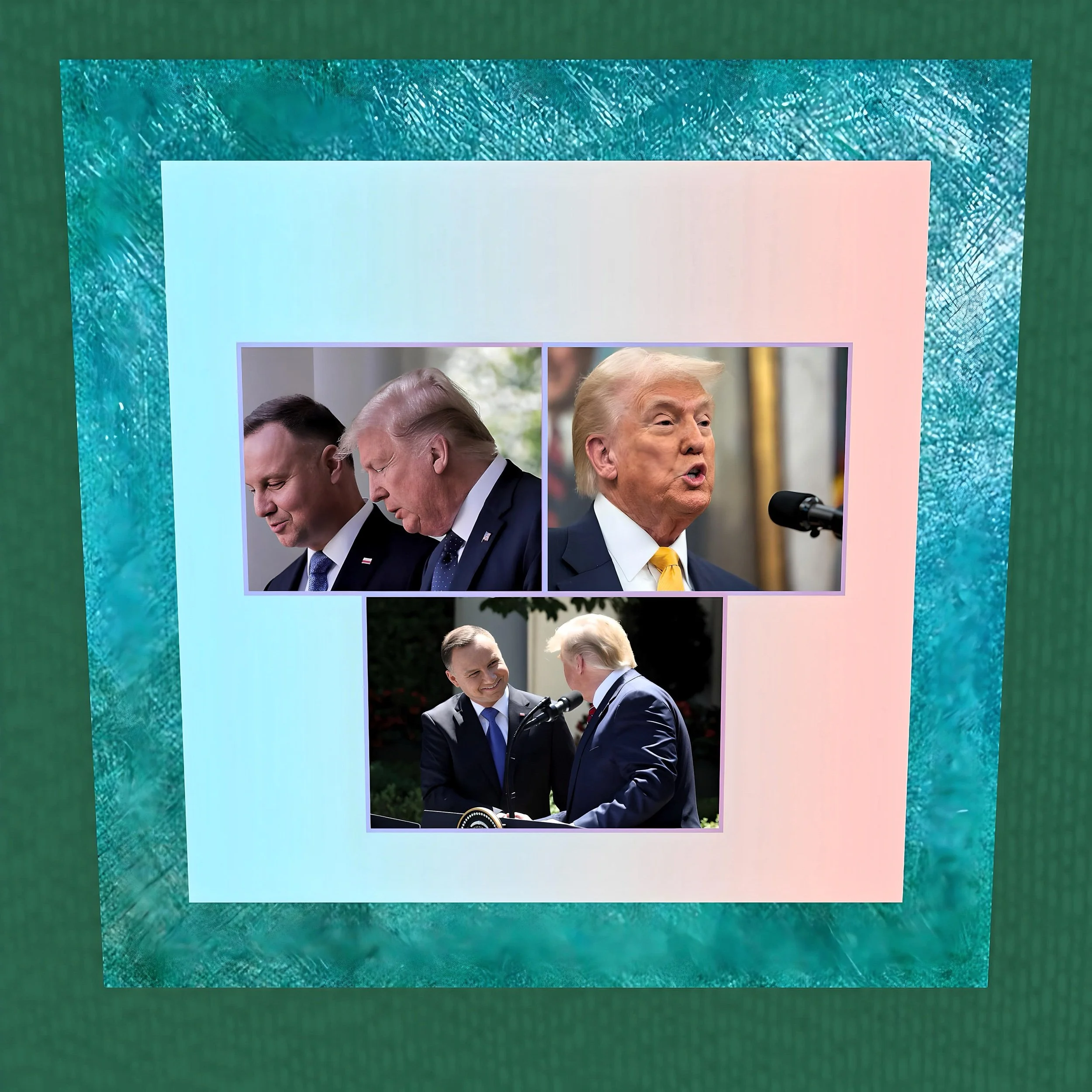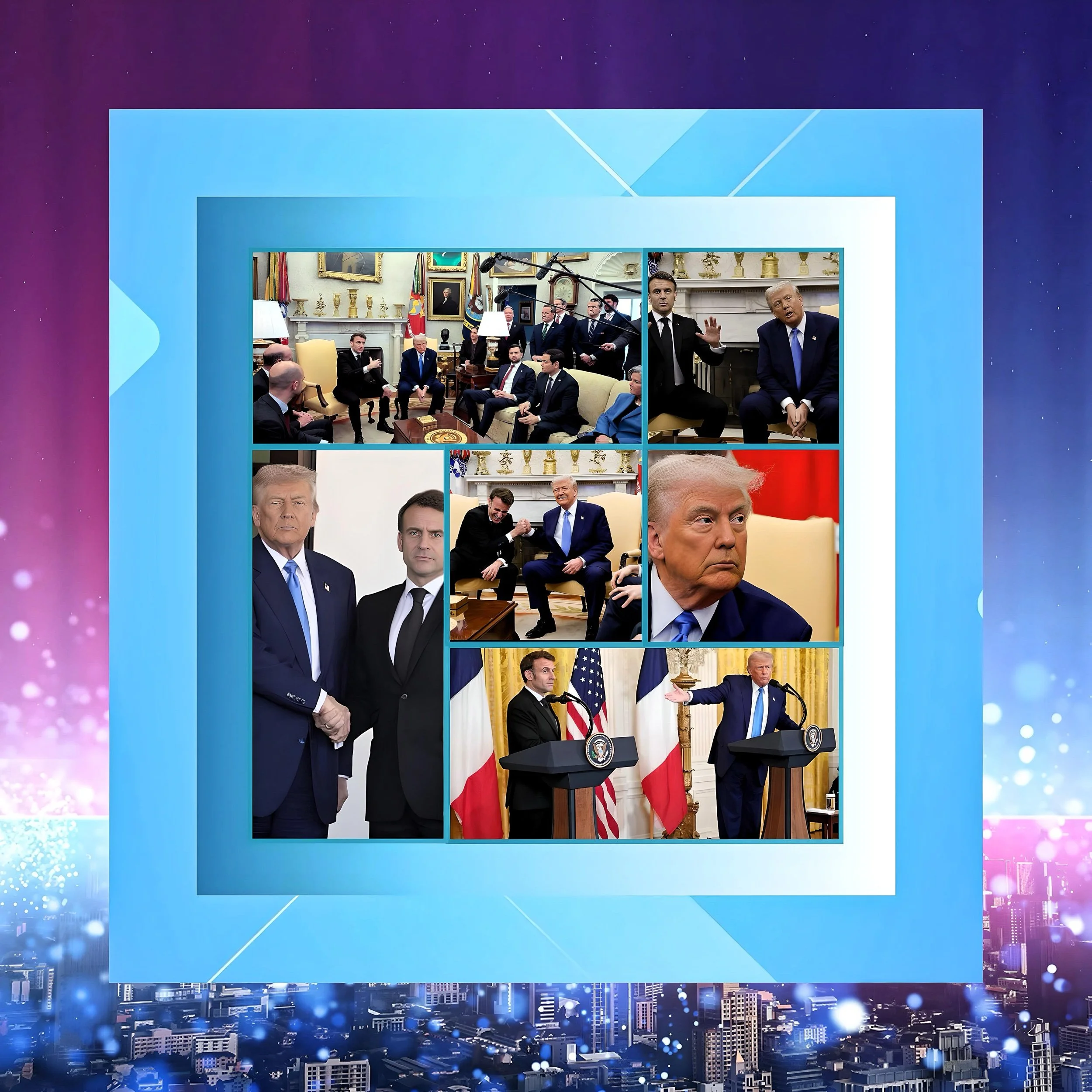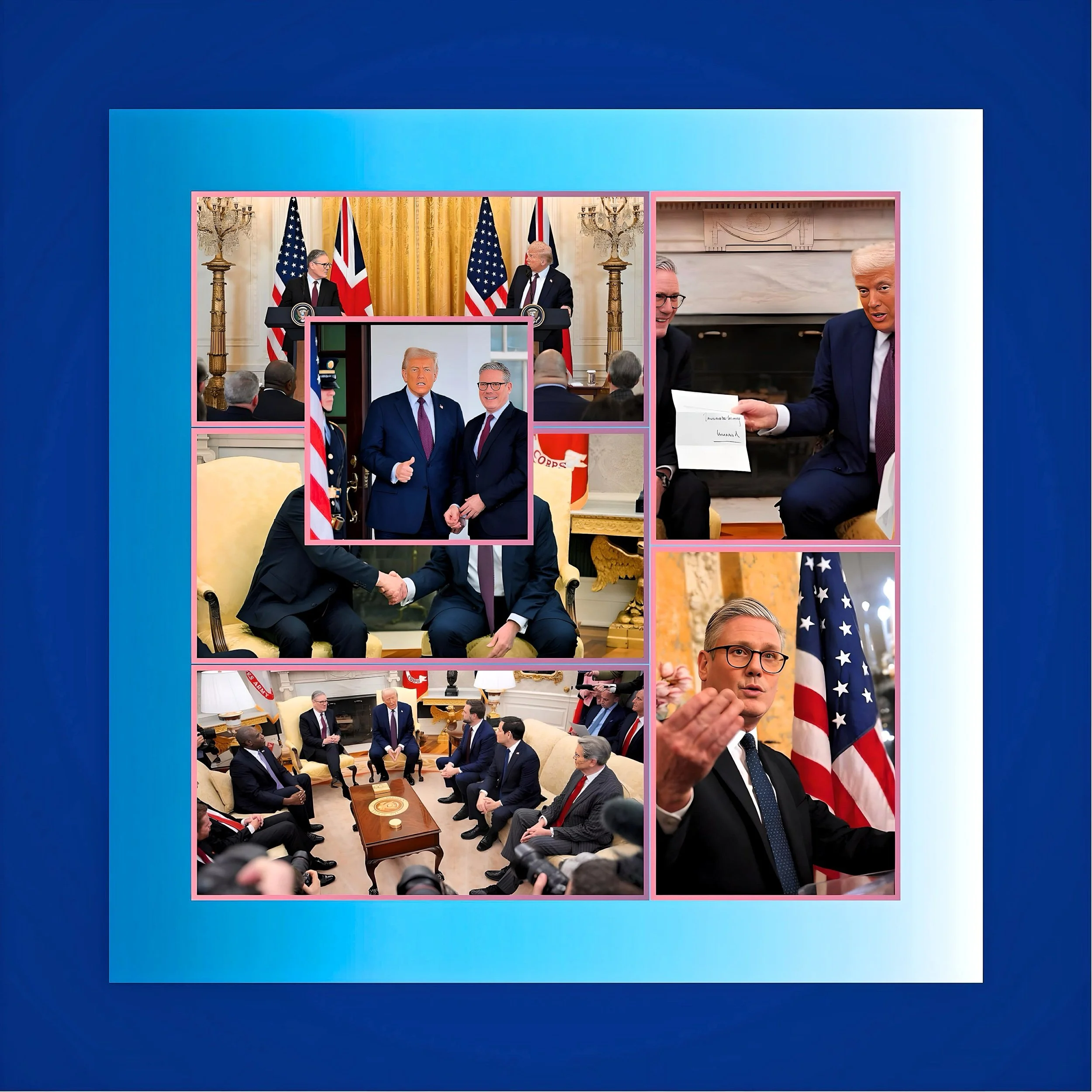The Dynamics of Diplomatic Delays: Analyzing Trump’s Meeting with Polish President Andrzej Duda
Introduction
The recent meeting between U.S. President Donald Trump and Polish President Andrzej Duda at the Conservative Political Action Conference (CPAC) in February 2025 has drawn significant attention due to its unusual circumstances:
Duda reportedly waited approximately 90 minutes for a meeting that lasted only 11 minutes.
This incident raises questions about diplomatic protocols, power dynamics, and the strategic priorities of the Trump administration.
Below, we explore the multifaceted reasons behind this episode, contextualizing it within broader U.S.-Poland relations and Trump’s foreign policy approach.
Historical Context of U.S.-Poland Relations Under Trump
A Foundation of Mutual Support
Poland has long been a staunch NATO ally and a key partner for the United States in Central Europe, particularly under the leadership of President Duda.
During Trump’s first term (2017–2021), the two leaders cultivated a close rapport, united by shared conservative values and Poland’s commitment to defense spending. In 2019, Trump approved the deployment of an additional 1,000 U.S. troops to Poland, reinforcing the U.S. military presence in the region as a counterbalance to Russian aggression.
Duda’s proposal to name a permanent U.S. base “Fort Trump” exemplified the warmth of this relationship.
However, Trump’s transactional approach to alliances occasionally strained ties.
His insistence that NATO members meet defense spending targets and his skepticism of multilateral agreements created friction with European leaders, even as Duda positioned Poland as a “model ally” by exceeding spending benchmarks.
The CPAC Meeting: Timeline and Immediate Factors
Logistical Challenges and Scheduling Conflicts
The meeting on February 22, 2025, occurred on the sidelines of CPAC, a gathering central to Trump’s political brand.
According to Polish and U.S. sources, the delay stemmed from Trump’s late departure from the White House and his subsequent commitment to deliver a keynote speech at the conference.
Duda arrived on time for the 7:30 p.m. meeting (1:30 p.m. Washington time), but Trump’s delayed arrival pushed the start time to 8:30 p.m., leaving only minutes for discussion before Trump addressed CPAC attendees.
While the White House framed the encounter as a reaffirmation of the “close alliance,” Polish media highlighted the brevity of the exchange, noting that Duda had hoped to discuss critical issues such as Ukraine, NATO troop deployments, and U.S.-Russia negotiations.
Strategic and Symbolic Implications
Power Dynamics and Diplomatic Signaling
The delay and truncated meeting duration reflect broader patterns in Trump’s diplomatic conduct.
Comparable incidents—such as Trump’s 2018 meeting with North Korean leader Kim Jong Un, which followed months of canceled plans and fiery rhetoric—illustrate his preference for unpredictable engagement to unsettle counterparts and assert dominance.
The CPAC episode mirrors Russian President Vladimir Putin’s tactic of keeping foreign leaders waiting, a method often interpreted as a display of superiority.
For Duda, the meeting carried domestic and international stakes.
Domestically, his alignment with Trump has drawn criticism from political opponents, including Prime Minister Donald Tusk, who warned against excluding Europe from Ukraine-related negotiations.
Internationally, Duda sought to position Poland as a bridge between the U.S. and Europe, advocating for continued American military support while urging Trump to prioritize Ukraine’s survival.
Broader Foreign Policy Considerations
The Ukraine Factor and U.S.-Russia Negotiations
A key topic during the abbreviated meeting was Ukraine.
Duda emphasized that “without American support, Ukraine will not survive this war”, reflecting concerns over Trump’s push for rapid negotiations with Russia.
Earlier in February 2025, the U.S. and Russia held talks in Riyadh, Saudi Arabia, excluding Ukrainian representatives—a move that alarmed Kyiv and its European allies.
Trump’s assertion that he was “pretty close to a deal” with Ukraine, coupled with his praise for Poland’s defense investments, suggests a transactional approach to alliance management.
Troop Deployment Reassurances
Despite fears of reduced U.S. engagement in Europe, Trump assured Duda that there were “no intentions to reduce troop numbers in Poland”.
This commitment aligns with Poland’s strategic value as a frontline NATO state but contrasts with Trump’s broader skepticism of multilateral commitments.
His administration’s focus on extracting concessions—such as access to Ukrainian mineral resources in exchange for aid—underscores a pragmatic, deal-centric worldview.
Domestic Political Calculations
Duda’s Legacy and Post-Presidential Ambitions
As Duda approaches the end of his second term in 2025, his outreach to Trump may reflect ambitions for an international role post-presidency.
Polish media have speculated about potential positions in organizations like the International Olympic Committee or UN, though experts deem these prospects unlikely.
For Trump, cultivating relationships with sympathetic foreign leaders like Duda reinforces his image as a global dealmaker, a narrative central to his political brand.
Conclusion
A Microcosm of Trumpian Diplomacy
The delayed meeting between Trump and Duda encapsulates the Trump administration’s foreign policy ethos: transactional, unpredictable, and unapologetically America-centric.
While logistical factors played a role, the incident also served as a symbolic gesture, reinforcing Trump’s disregard for traditional diplomatic norms and his preference for keeping allies off-balance.
For Poland, the episode underscores the challenges of navigating a U.S. partnership defined by personal rapport rather than institutional stability.
As the U.S. and Europe grapple with diverging priorities—particularly regarding Ukraine and NATO—the Trump-Duda dynamic offers a cautionary tale about the fragility of alliances in an era of populist leadership.
The path forward demands vigilance from European partners and a recognition that reliance on personal diplomacy carries inherent risks.






